These are the World's Freest Countries in 2019
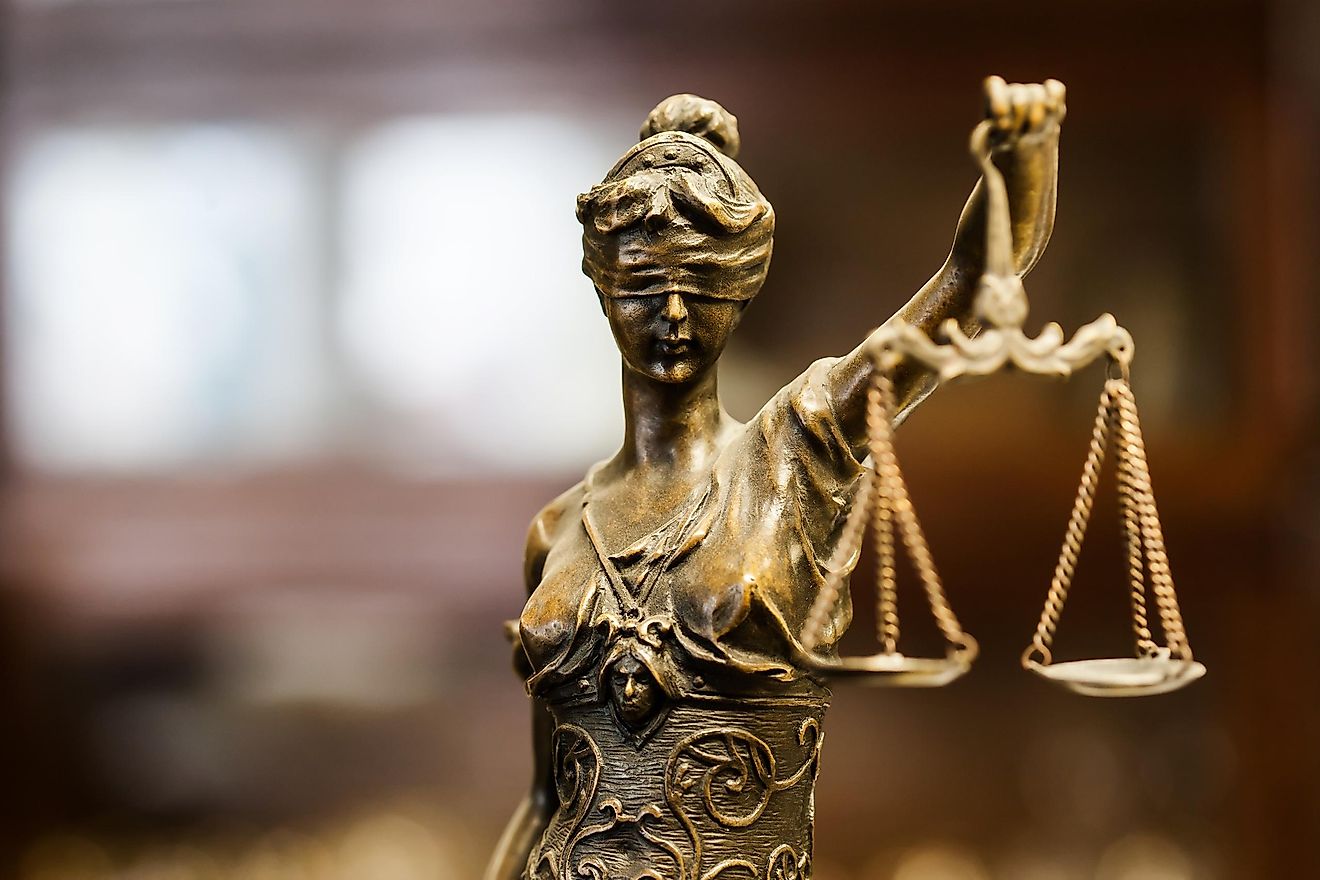
The pillars of human freedom are equality, the rule of law, protection of the constitutional rights over just following the opinion of the majority, the accountability of the government and executives, their authority controlled by the boundaries of the Constitution, and several other vital principles protecting the human rights of everyone in the society and keeping the misuse of power in check.
The Decline of Freedom in The World
The latest freedom in the World report, which monitors the global status of political rights and civil liberties, recorded the 13s consecutive year of decline in global freedom. Every region has a lower average score for 2019 than it did in 2005. The decline didn't only affect authoritarian regimes like China and Russia: even long-standing democracies, including the US, have been shaken by populist political forces that rejected fundamental principles of democracy and abused power to secure their agenda.
This crisis is connected with a changing balance of power at the global level. As China, India, and other newly industrialized economies gain power, the low- and medium-skilled workers in developed democracies lost their job stability to a combination of foreign competition and technological change.
The US Democracy In Decline
The US rank eight-points decline in eight years is significant. The US's Freedom in the World score peers are presently not UK or France but Belize, Croatia, Greece, Latvia, and Mongolia. 55% of Americans agreed that American democracy is weak; 68% said it is getting weaker.
The top concerns of those surveyed are big capital in politics, racism, discrimination, and the inability of the government to get things done, impunity. A substantial majority, 54%, believes in the most fundamental democratic principle: for the rights of the minority to be protected is more important than for the will of the majority to prevail.
10. Norway
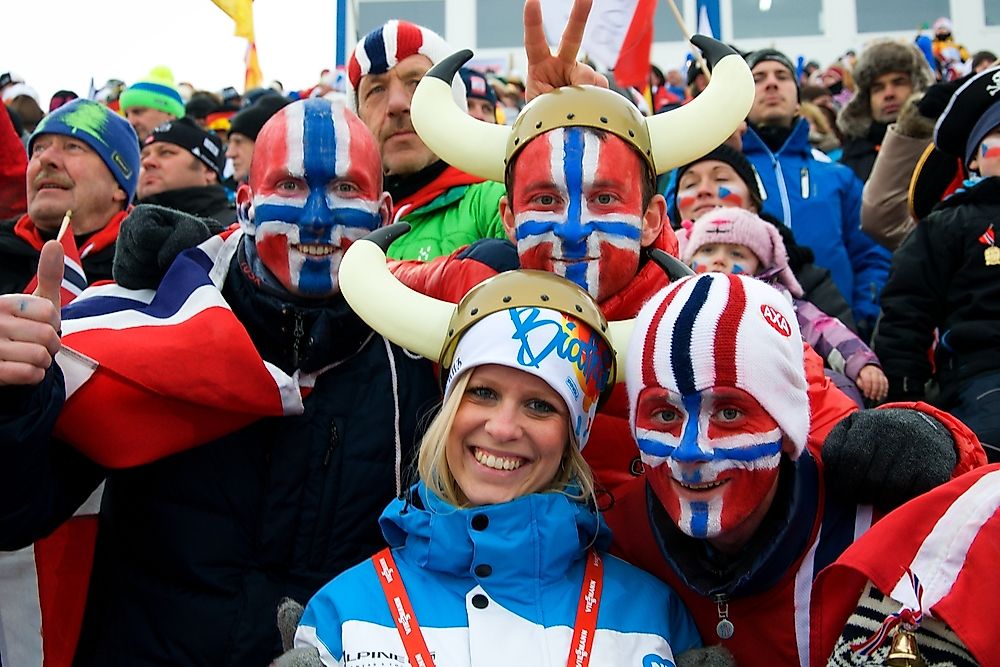
Norway is one of the most resilient democracies of all. Elections are free and fair; the power regularly rotates between parties. Discrimination against some minorities remains a problem, but, in general, civil rights are respected. Independent media help to hold the government accountable.
9. Denmark
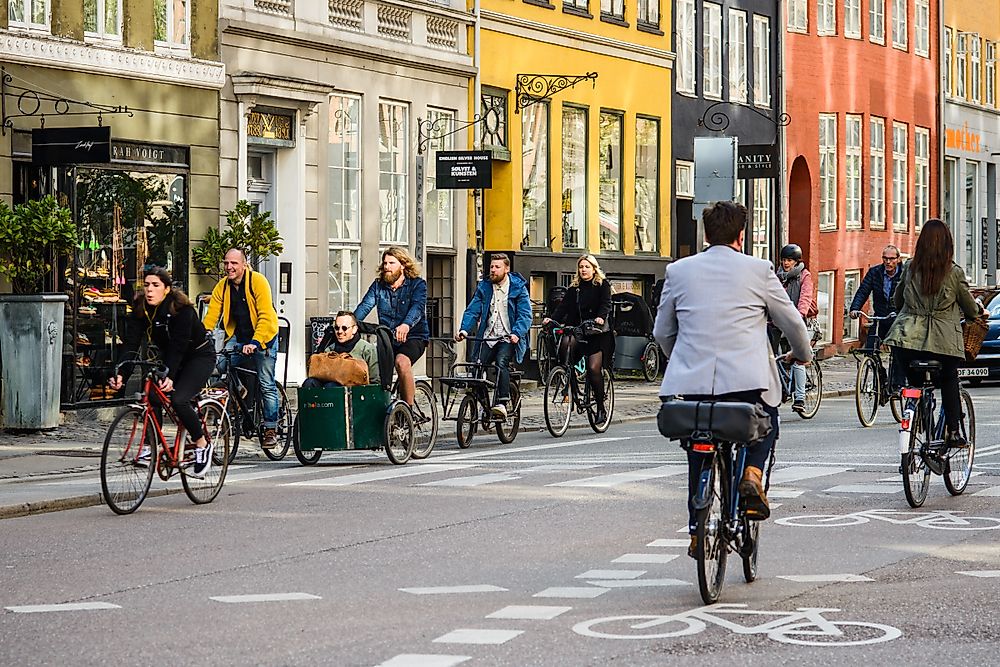
Denmark is a democracy with free and impartial elections. The government protects democratic standards of expression and association, and the judiciary functions independently. However, Denmark has struggled to uphold fundamental freedoms for immigrants and other newcomers.
8. Finland
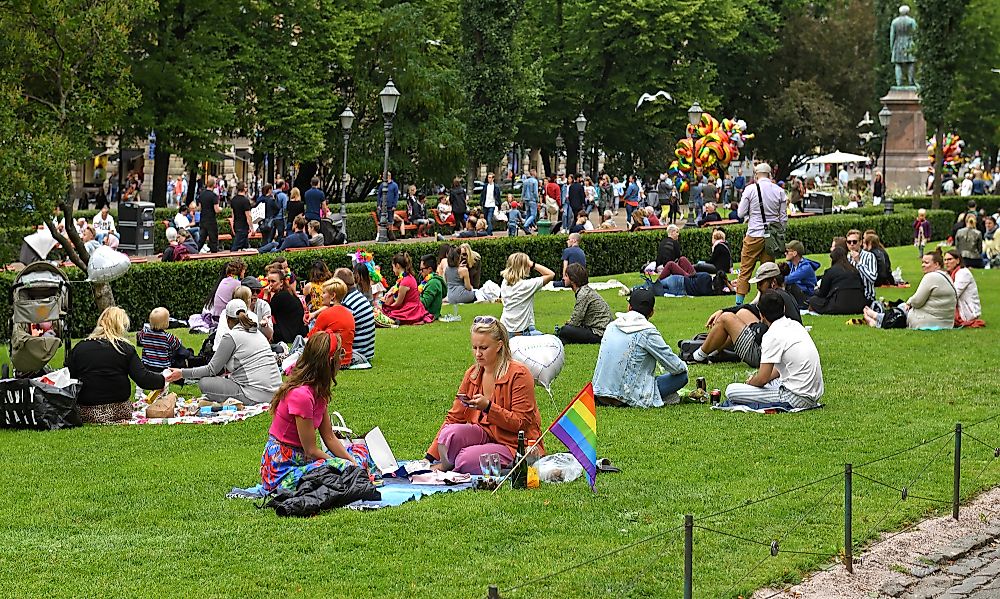
Finland's parliamentary system upholds free and fair elections with the multiparty competition. The judiciary is independent not only in law but in practice. Although hate speech aimed at minority groups still occurs, women and ethnic minority groups enjoy equal rights.
7. Sweden
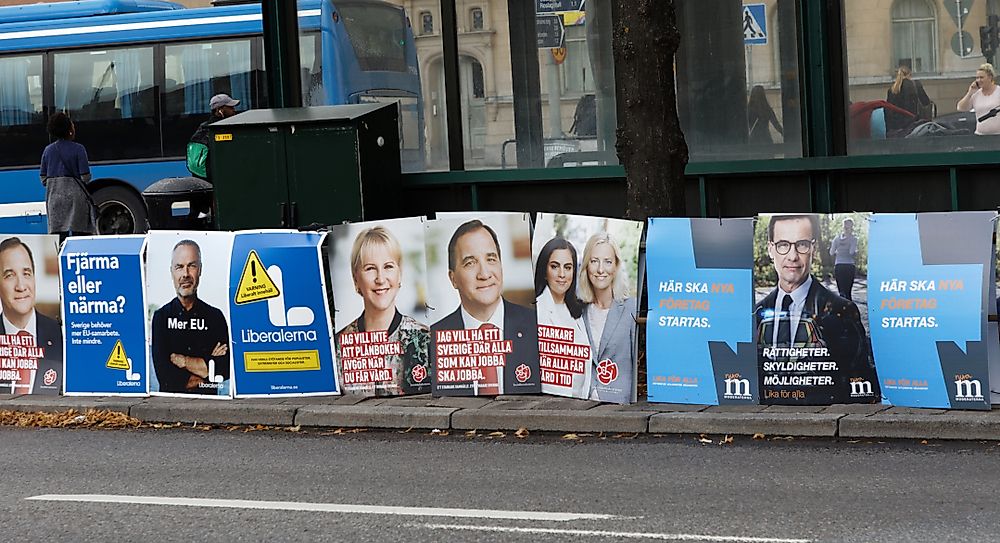
Sweden is a parliamentary monarchy that also upholds free and fair executive elections. Civil liberties and political rights are respected in practice, and the rule of law prevails. There have been occurrences of unjust treatment of immigrants and asylum seekers, which caused concern about the potential freedom score deterioration.
6. Netherlands
The Netherlands is a parliamentary democracy state with a record of safeguarding human rights, which secured it a high position in the freedom top ten. The Netherlands, however, has been showing the red flags of the faltering democracy: wariness of immigration and Muslim minorities has grown, and populist speech around nationalism has increased. Irregular migrants and asylum seekers face harsh treatment.
5. Iceland
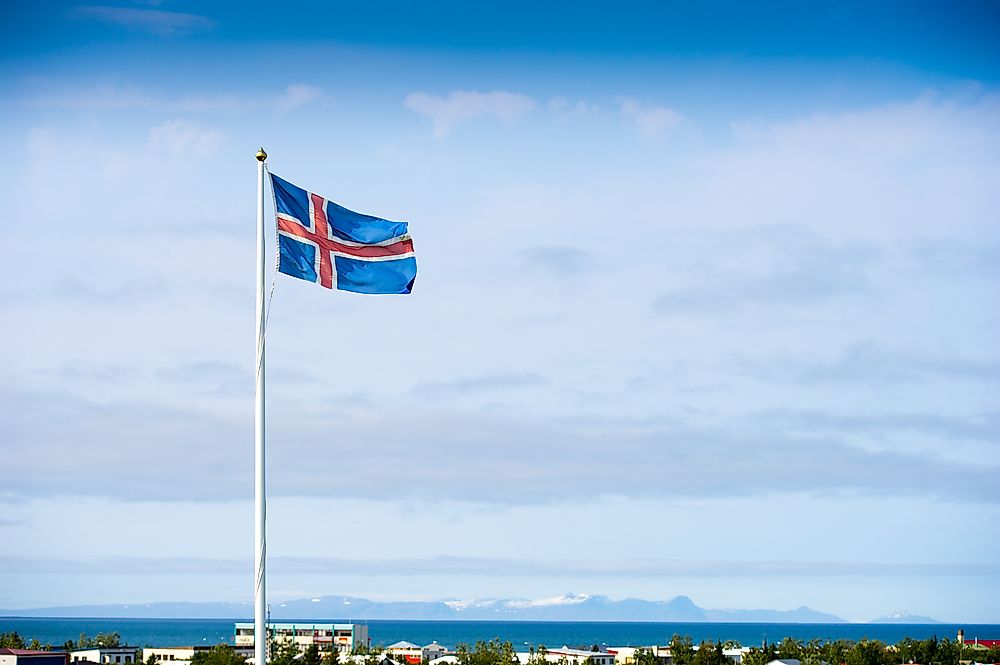
Iceland is one of the oldest democracies in the world. The protection of private property in Iceland is on a relatively high level, but the tangible property rights are typically on the side of actual citizens of Iceland. Their legal framework and law enforcing with regards to intellectual property are laying on solid ground. Not only is the aspect of corruption well-controlled but also the aspects of transparency and judiciary accountability.
4. Canada
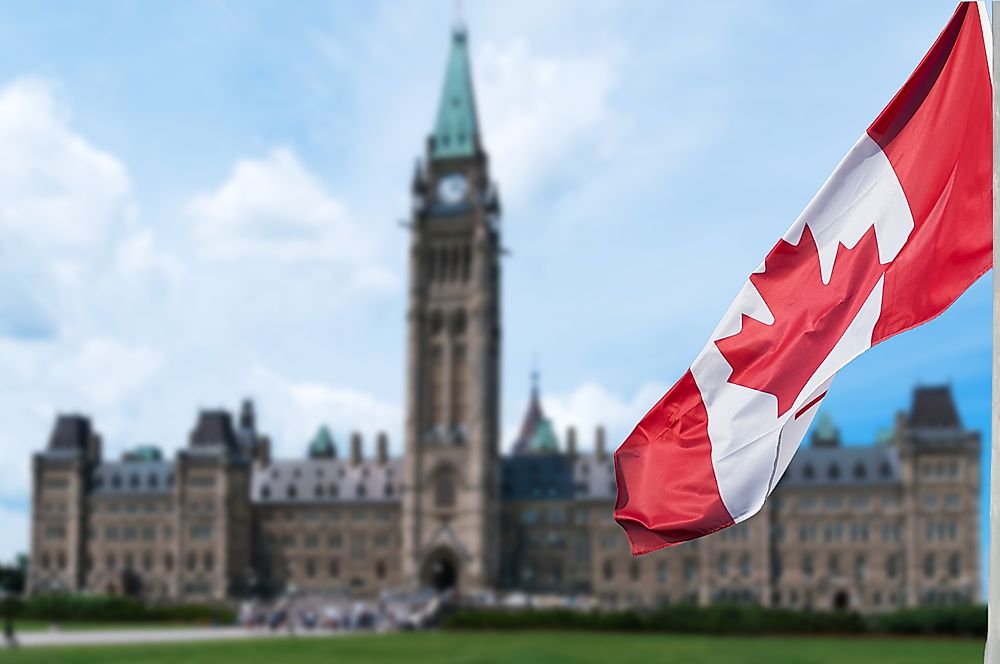
Canada has a strong record of respecting rights and liberties. The main current concerns are surrounding government surveillance laws. Indigenous peoples still face some discrimination in economic and social areas, but the federal government has acknowledged them and is actively implementing some moves to address these problems.
3. Luxembourg
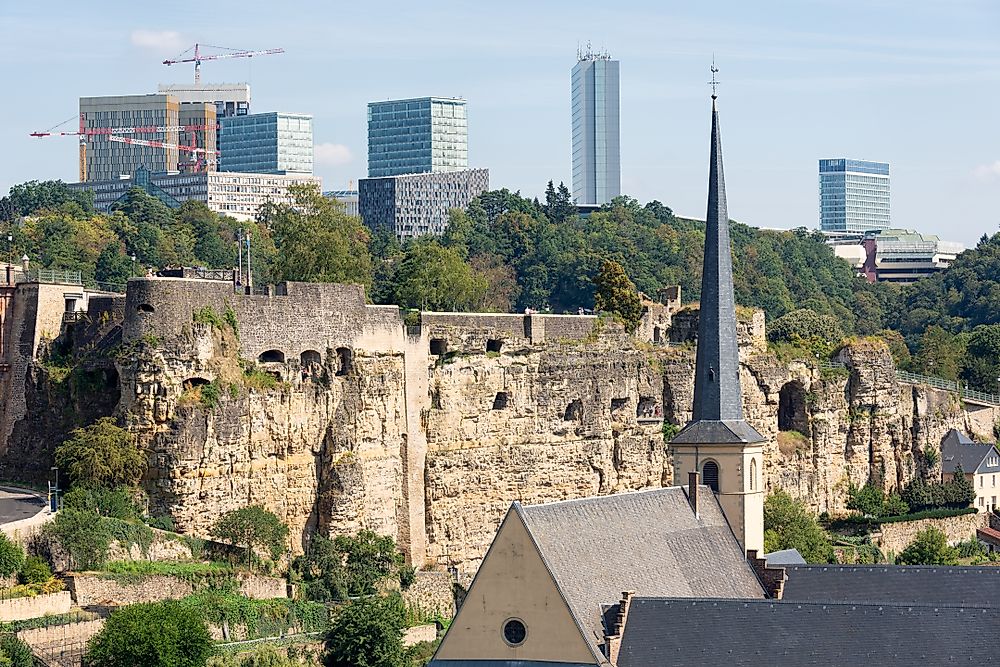
Luxembourg is a constitutional monarchy; it elects the government democratically. Civil liberties and political rights are upheld. Ongoing concerns include wanting government transparency and inadequate safeguards against its conflicts of interest.
2. Ireland
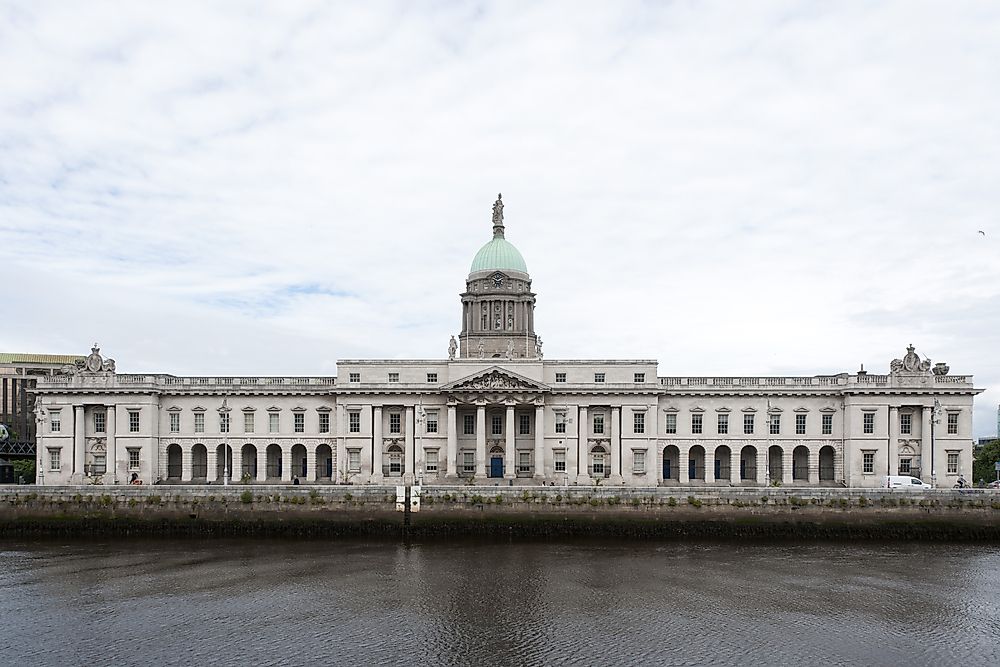
Ireland's economy has recorded significant growth in spite of numerous challenges related to economic policy. It is an open, relatively small economy that has managed to favorably respond to global changes. This fact is best depicted in the aspect of labor. Ireland has attracted a sizeable number of foreigners into its labor pool and has strong economic foundations that are able to protect the incoming masses looking to live and work there.
1. New Zealand
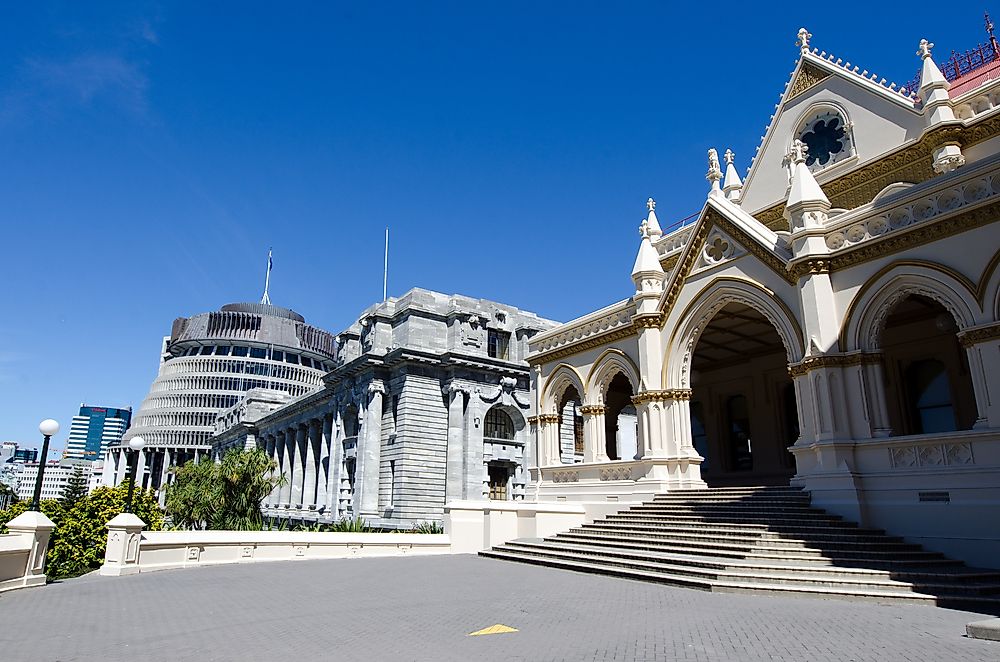
New Zealand is a parliamentary democracy showcasing a stable record of free and fair elections and of ensuring political rights and civil liberties. Matters of concern include discrimination against the Māori and other minority groups, which, however, are being addressed.











